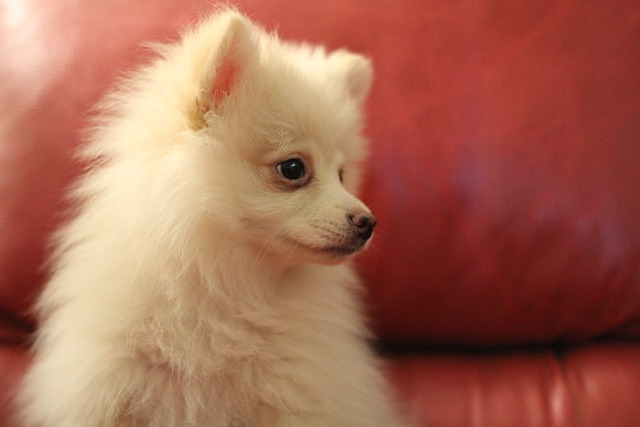
How do i train my dog to be obedient?
Watching your dog dart across the park ignoring your calls isn’t just frustrating—it can put them at risk near busy streets or public spaces.
Picture this: You just brought home your 8-week-old Golden Retriever, Max. He’s all wiggles and puppy breath, chewing your sneakers while puddles appear on your hardwood floor. Amid the chaos, one question cuts through: "Where do I even start?" While sit and stay seem obvious, behavioral science and top trainers agree: Housebreaking is your non-negotiable first mission. Why? Puppies develop substrate preferences (where they "go") by 12-16 weeks. Miss this window, and you’ll battle accidents for months.
Here’s how to nail it using positive reinforcement training. Start day one: Carry Max directly outside upon waking, after meals, and every 45 minutes. Pick a consistent spot – that patch of grass behind your Brooklyn apartment building works. When he eliminates, instantly reward with high-value treats (boiled chicken bits) and ecstatic praise. No scolding for indoor accidents – it creates fear of you, not understanding. Instead, interrupt calmly, whisk him outside, and celebrate if he finishes there. Crate training benefits kick in here: Dogs avoid soiling their den, so size his crate to fit just him (no extra room for a potty corner). At night, set alarms for 2-3 AM bathroom breaks – their tiny bladders can’t hold it yet.

Now, let’s ground this in your American lifestyle. In that Seattle studio apartment? Use puppy pads only as a backup for blizzards or 12-hour workdays – over-reliance confuses them. When Max signals (whining, circling), leash him immediately – even at 3 AM. Post-potty walks around the block? Keep him leashed and close. Always carry biodegradable bags (mandatory in cities like Portland; $250 fines apply!). Scoop instantly – your neighbors will notice. If Max gets startled by a skateboard mid-business, gently lead him to a quieter spot. This is urban puppy housebreaking essentials.
Crucially, ethical training is paramount. Yanking leashes, rubbing noses in accidents, or using shock mats violates modern welfare standards across the EU and US. Instead, build trust: If Max whines in his crate at night, take him out silently (no playtime!), then return him. Reward calm behavior with chew toys. Remember core legal duties too: Max can’t visit dog parks until fully vaccinated (rabies shot is federally required by 16 weeks!). Socialization isn’t formal "training" but expose him safely: Carry him through busy streets, play TV sounds, invite calm friends over. Pair every new experience with chicken rewards.
By prioritizing puppy housebreaking essentials with patience and science-backed positive reinforcement training, you’re not just preventing carpet stains – you’re building communication. Those midnight potty runs pay off: Within weeks, Max will sit by the door, tail wagging, ready for his outdoor bathroom break and well-earned treat. That’s the foundation every expert trainer swears by.

Watching your dog dart across the park ignoring your calls isn’t just frustrating—it can put them at risk near busy streets or public spaces.

New puppy owners often find themselves rushing to clean up accidents before they set in, and that’s where puppy pad training becomes a game-changer.

If you've noticed your dog's waistline disappearing and your veterinarian has mentioned those few extra pounds, your first instinct might be to simply reduce the amount of food in their bowl.

Training a dog to use a designated spot indoors isn’t as daunting as many new owners fear, but it does take consistency and an understanding of your pet’s needs.

That moment of dread on a walk is all too familiar for many new dog owners. You see another dog approaching down the sidewalk of your neighborhood

If the sight of another dog on your neighborhood walk makes your heart sink as your own dog erupts into a frenzy of barking and lunging, you're not alone.